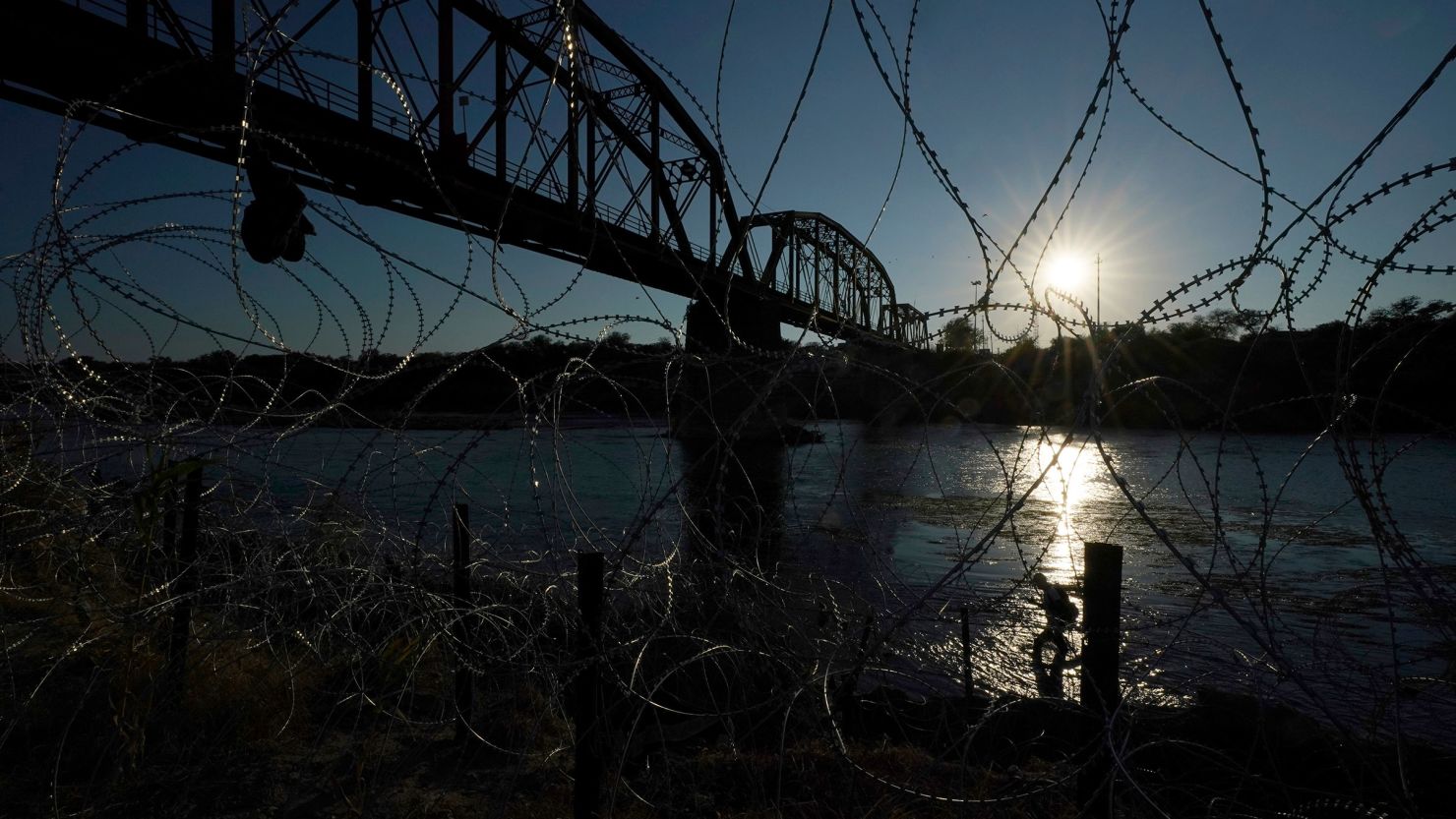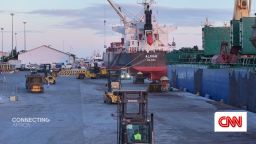The rail industry is demanding the Biden administration immediately allow trains to cross the southern border with Mexico that officials shut in response to a surge in crossings by migrants.
The Association of American Railroads, an industry trade group, issued a statement on Monday warning the suspension of operations in Eagle Pass and El Paso, Texas, will have negative consequences for consumers.
“The urgency of reopening these crossings and restoring rail service between the two nations cannot be overstated,” said Ian Jefferies, AAR’s president and CEO. “Every day the border remains closed unleashes a cascade of delay across operations on both sides of the border, impacting customers and ultimately consumers.”
The US Customs and Border Protection announced the temporary suspension on Sunday, citing a “recent resurgence of smuggling organizations moving migrants through Mexico via freight trains.”
The rail industry said the shutdown most directly and immediately impacts Union Pacific and BNSF and the customers those carriers serve. AAR said the two railroads operate 24 trains a day at these crossings, moving auto parts, agriculture, finished vehicles, chemicals and other goods.
“As CBP continues to address the exceptionally challenging humanitarian crisis, railroads urge CBP to also safeguard the nation’s supply chain from further disruption,” Jefferies said.
Union Pacific said in a statement to CNN that the Eagle Pass and El Paso border crossings represent 45% of its cross-border business and that there isn’t enough capacity at other gateways to reroute goods.
The railroad said it has been forced to halt the shipment of goods on more than 60 trains – or nearly 4,500 rail cars – impacting “goods critical to the US economy” including: grain held in six Midwest states, beer and dry food products, finished vehicles and industrial commodities like metals and cement.
“While the company understands this is a complex humanitarian crisis, most migrants are not crossing the border on trains,” Union Pacific spokesperson Kristen South said in a statement. “The longer this closure is in effect, the more difficult it will be for cross-border trade to resume.”








